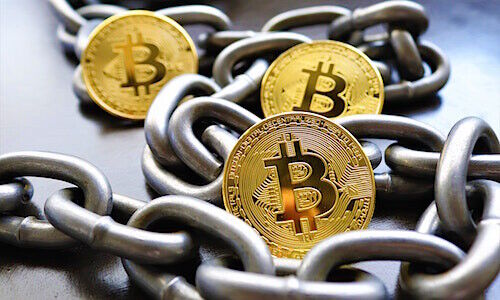Hong Kong and Singapore Split on Crypto Future
Asia’s two marquee global financial hubs have hit a fork in the road of crypto assets and they appear to be heading in different directions.
Last year, the local chief securities watchdog, Ashley Alder, also chose the FinTech Week to reveal a so-called «opt-in» regime for crypto asset trading platforms, which allowed operators to choose whether or not they wanted to be regulated by the Securities and Futures Commission (SFC). This was due to the fact that some crypto assets cannot be strictly classified as securities.
«This is about to change,» Alder said earlier this week, also during the FinTech Week.
«Today, the Government proposed a new licensing regime under the Anti-Money Laundering Ordinance for platforms which trade any type of crypto-asset, even if none are classified as securities. So if they are operating in Hong Kong, or target Hong Kong investors, they would need to apply for an SFC license. Failure to do so would be an offense.»
Crypto for the Rich Only
In addition to licensing, the proposed rules will also ban retail investors from trading crypto assets, limiting access to professional investors which includes the requirement to have a minimum of $1 million.
«Given the risks involved, the proposal is that they should offer their services to professional investors only, at least initially,» Alder said.
«Simply speaking, we will require all virtual asset trading platforms to be operating transparently, like working under the sunlight,» added Christopher Hui Ching-yu, Hong Kong’s secretary for financial services and the treasury.
MAS: Liberalizing Crypto
Meanwhile, Singapore continues to take a liberal approach to allow operators to develop more freely and organically.
Although there were moments when the Monetary Authority of Singapore (MAS) stepped in to rein in on the market – in 2018 it returned funds to Singapore-based investors of an unnamed initial coin offering (ICO) which it considered a security – the regulator has yet to issue licenses to operators nor has it taken a strict stance, unlike Hong Kong, on crypto assets that aren’t classified as securities.
Even major exchanges like Coinbase and Binance operate in the city-state and have been granted temporary exemptions from holding a license.
MAS: Investor Responsibility
On investor protection, Hong Kong authorities made the choice to decide for retail investors when or if access would be appropriate. This is an area where the MAS has also taken a decidedly different route, preferring to promote investor responsibility while encouraging more education and prudence.
In fact, the MAS’ Capital Markets assistant managing director Lee Boon Ngiap provided a simple and straightforward warning: «The public should be aware that there is no regulatory safeguard if they choose to trade on unregulated digital token exchanges or invest in digital tokens that fall outside of the remit of MAS rules.»
Global Crypto Leader
And under the MAS’ regulatory oversight, Singapore has rapidly emerged as a global leader in the crypto asset industry.
It is currently home to 234 entities involved in blockchain including Mastercard, VISA, Ant Financial, Tencent-backed WeBank, Facebook-backed Libra, and more with Ripple now shortlisting the city-state for its headquarter relocation. Even Singapore’s largest lender, DBS, is reportedly cooperating with regulators to potentially launch a cryptocurrency trading with retail access.
The subsequent outcome has been the rapid establishment of Singapore as a global crypto market leader. Despite having a population of just 6 million, Singapore is second worldwide in the number of ICOs and ICO value ($2.5 billion), according to data from ICObench, only behind the U.S.






















